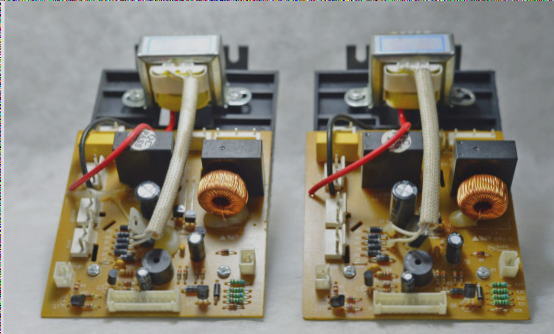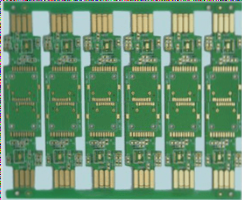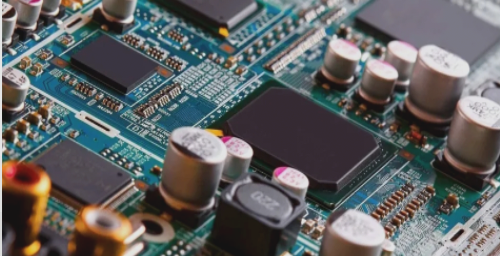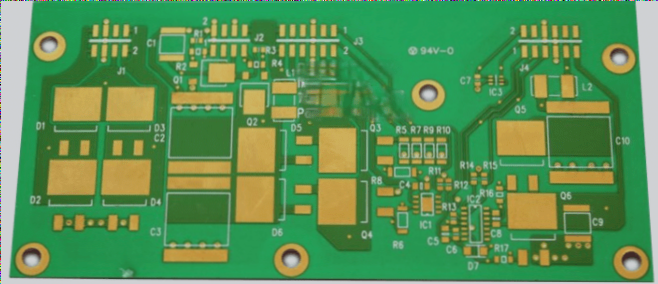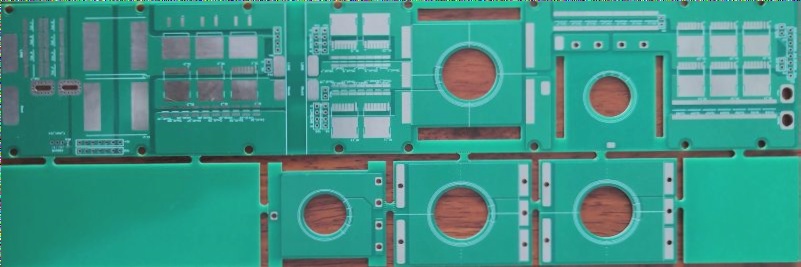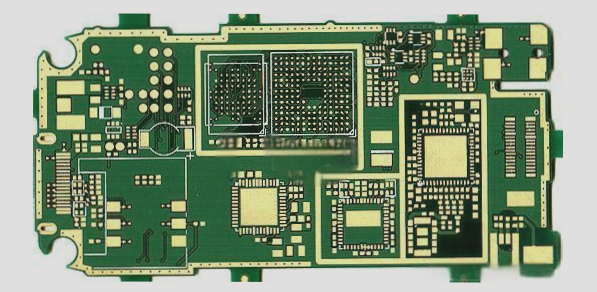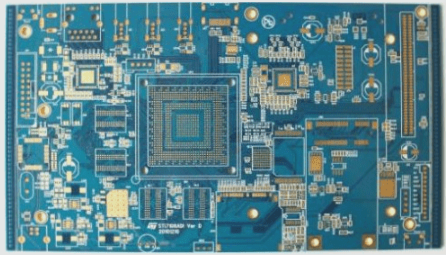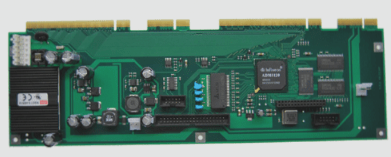How to evaluate the performance of a PCB clone?
A PCB design for differential pairs requires careful impedance matching, equal trace lengths, and proper spacing between traces to minimize noise and EMI, ensuring signal integrity through parallel routing and proper termination.

